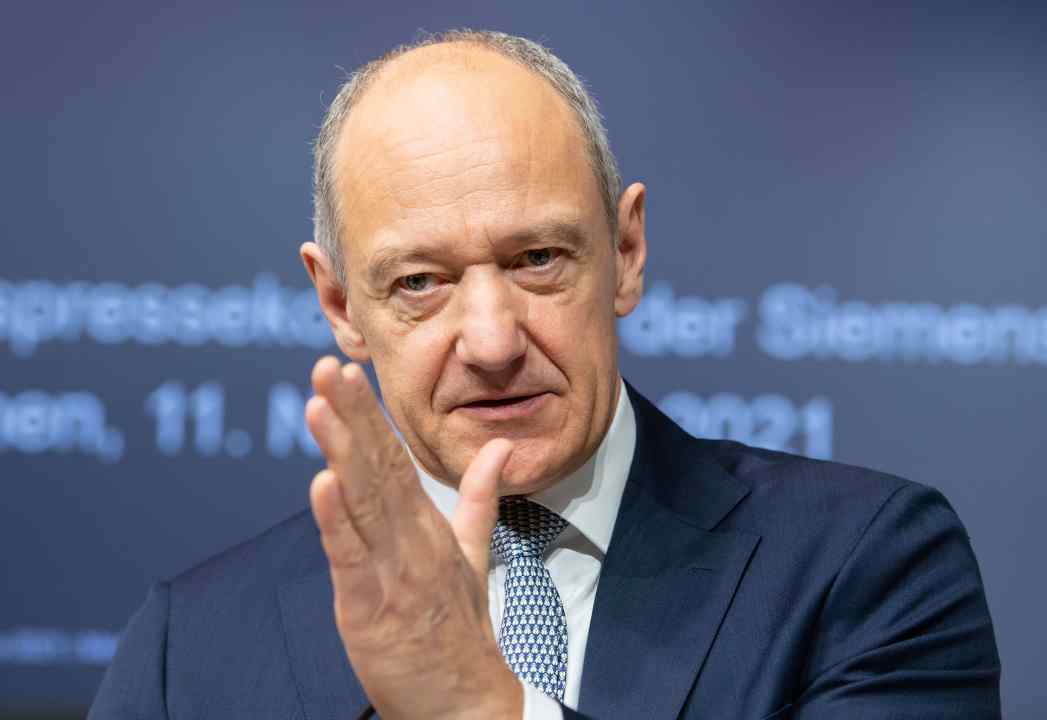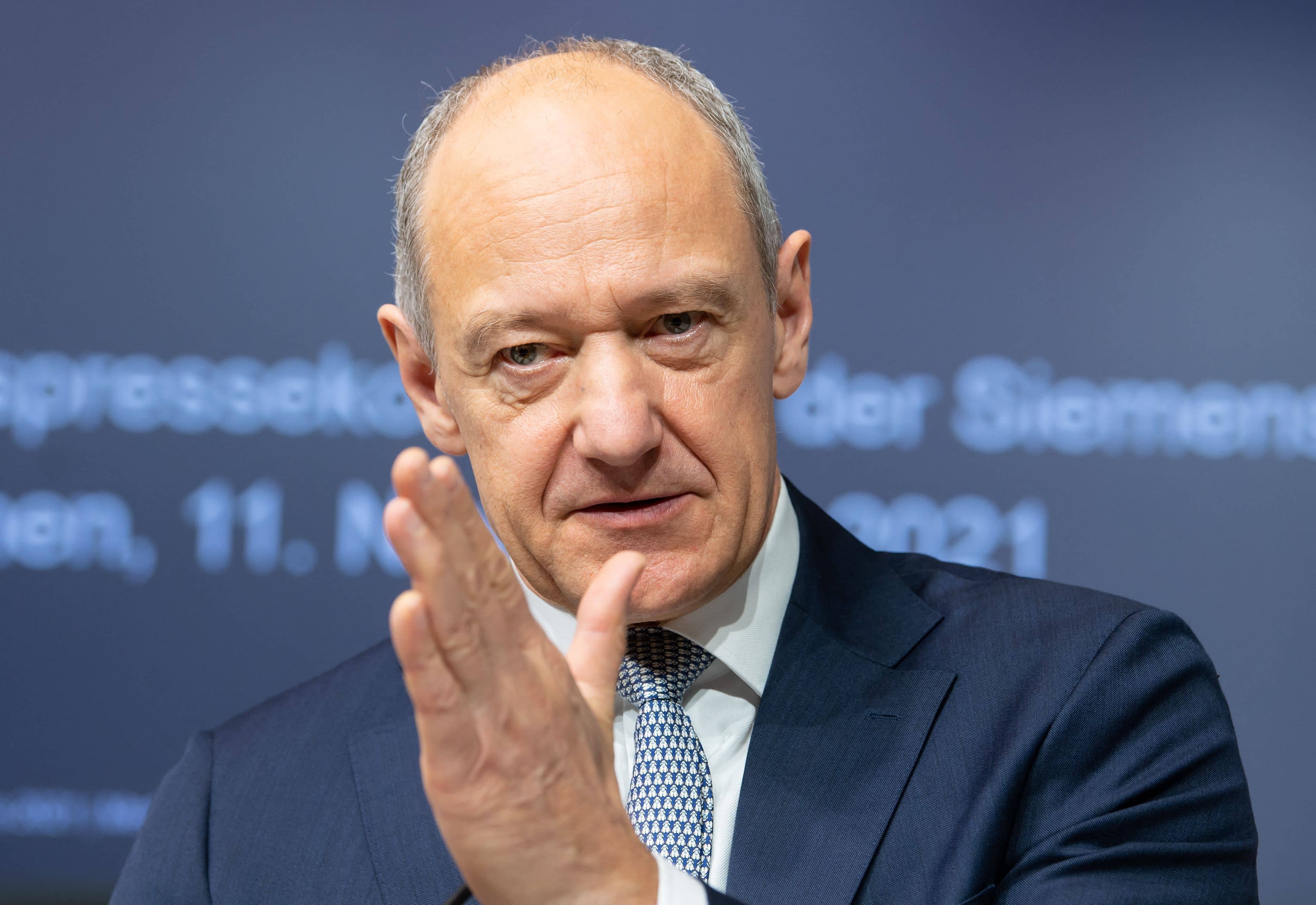‘Those who forget the past are doomed to repeat it.’ Well it seems the tech bosses over at German giant Siemens have, unwittingly or not, neglected that iron rule of history, judging by the comments this week of its CEO Roland Busch on China.
For over in Germany, the Green Party are a sounder bunch than their sandal-wearing socialist siblings found in Britain. And Berlin’s recently-elected Foreign Minister Annalena Baerbock has been urging a tougher stance against the communist regime in Beijing because of human rights violations.
Unsurprisingly though, big business has not always been keen to cooperate, given the abundance of cheap labour found in China. And nowhere is that labour cheaper than in the region of Xinjiang, where Beijing’s persecution of Uyghur Muslims amounts to genocide, in the words of the House of Commons.
Numerous reports point to slave labour being used in the region, involving everything from cotton and textiles to automotives and electronics. One industry in which Xinjiang excels is the global production of solar panels, as it produces about 45 per cent of the world’s supply of the key component, polysilicon. Research by Sheffield Hallam University in May concluded that this material had been obtained under a massive system of coercion.
Unsurprisingly, such revelations have prompted demands for action across the West. Shortly before Christmas, the US Senate passed legislation to ensure that American entities are not funding forced labor among ethnic minorities in the region.
Busch though, is not such a fan of calls to divest from such supply chains on the grounds that — wait for it — an EU ban on forced labour could slow down its green transition which relies on imports of Xinjiang’s solar power panels.

Responding to Baerbock’s views on Friday, the £5.8 million-a-year executive said that mistakes in China ‘cannot be resolved through a confrontational foreign policy,’ adding ‘If export bans are issued, these could mean that we can no longer buy solar cells from China – then the energy transition will come to an end at this point.’
They certainly didn’t put that on a poster at COP26. Busch’s comments are all the more shocking in light of his company’s, er, problematic history. As Siemens’ own website notes:
In Nazi Germany, rearmament and the wartime economy dominated Siemens’ business activities, too. The company’s activities during this period also included the use of forced labor. Siemens has taken a clear position on this matter – repeatedly, responsibly and clearly.
What a sad irony that so many of the companies which exploited slave labor during the Second World War are seemingly content to do so again.








Comments